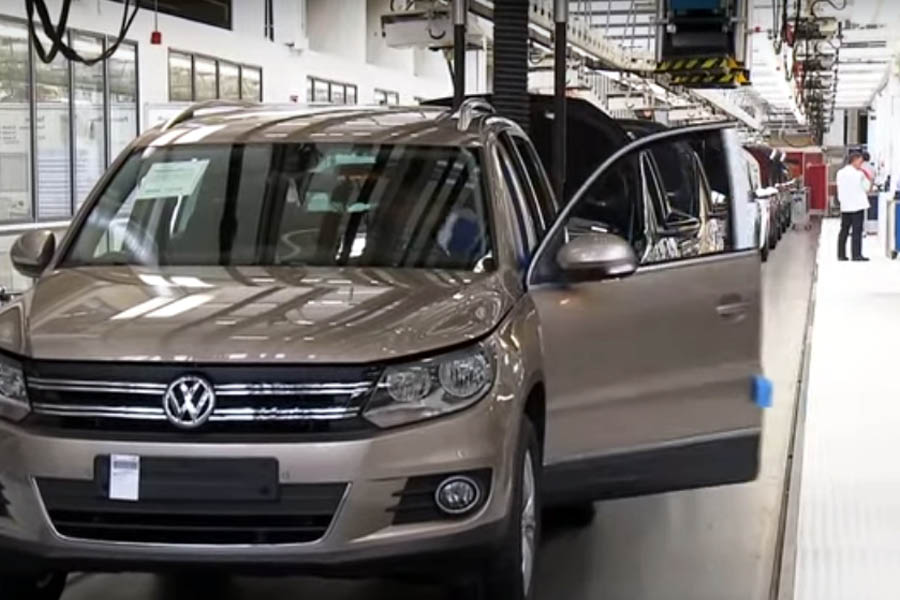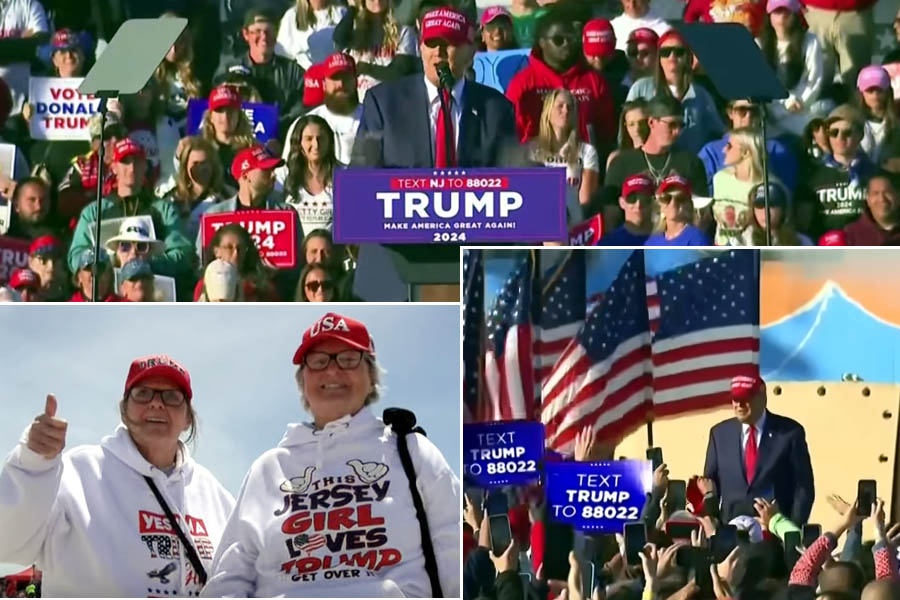
Volkswagen, one of the world's largest automakers, finds itself in a precarious position as it grapples with shrinking market share in the fiercely competitive electric vehicle (EV) market, especially in China. Once a symbol of German engineering might, the automaker now faces challenges on multiple fronts, including declining sales, intensifying price wars, and rising pressures to restructure.
Volkswagen’s woes are particularly acute in China, where the state’s aggressive push for electric mobility has allowed local manufacturers to thrive, thanks to government subsidies. Chinese EV companies, bolstered by massive state support, have been producing high-quality, affordable electric vehicles, creating a severe pricing pressure on foreign automakers like Volkswagen. Despite having a significant presence in China for decades, Volkswagen has primarily focused on internal combustion engines. Now, they are struggling to keep up with the rapidly shifting market towards electric propulsion.
As Chinese brands continue to dominate the EV space, Volkswagen is being forced into difficult pricing decisions, sacrificing profitability to stay competitive. This has led to declining sales, forcing the company to rethink its strategy in what is now the world’s largest auto market.
Volkswagen’s challenges are not limited to China. Back in Europe, where the market is undergoing its own transformation, the company is facing potential tariffs on imported Chinese electric vehicles. These tariffs, while aimed at stabilizing the market and protecting European manufacturers, may come too late to be a meaningful buffer against the rapid influx of competitively priced Chinese models. Moreover, these tariffs could inadvertently impact Volkswagen’s own production, given the interconnected nature of global supply chains.
Germany, once the bedrock of the company’s success, is also facing economic strains. The automaker’s decision to potentially close factories in Germany—something never before considered in its 87-year history—is indicative of the deep restructuring Volkswagen might need to undertake.
The prospect of factory closures has stoked fears among Volkswagen's workers. The company's management, in a rare move, has hinted at the possible dissolution of its 30-year-old employment protection agreement, which has ensured job security for its workforce. This announcement has sparked protests, as thousands of workers have expressed their concerns, pointing to declining sales and uncertainty about the future.
While some in the labor force hope for a compromise, it is clear that drastic measures are on the horizon. Volkswagen’s senior leadership has acknowledged that the company has been drawing from its cash reserves to sustain itself, particularly in its European operations, for several years. Without significant changes, including cost-cutting measures and a renewed focus on e-mobility, the company faces an uphill battle.
Volkswagen’s future hinges on its ability to pivot quickly. The company has already announced plans for a more affordable electric vehicle, which could be crucial to regaining market share in Europe and other markets. However, with Chinese automakers moving faster and securing dominance in the lower-priced EV segment, Volkswagen’s entry may come too late.
The road ahead for Volkswagen is complex. While its legacy and scale make it a powerful player, the rapid evolution of the auto industry, especially the shift toward electric mobility, will require the automaker to become more agile. It will need to navigate price wars, regulatory challenges, and changing consumer preferences to secure its place in the future of transportation.
In a global market where innovation and speed are key, Volkswagen's survival will depend on its ability to balance the demands of e-mobility, restructure its operations, and stay competitive in both pricing and technology.
#Volkswagen #VWfactoryclosures #electricvehiclecompetition #EuropeanEVmarket
Thank you for reading: globalpostheadline.com





